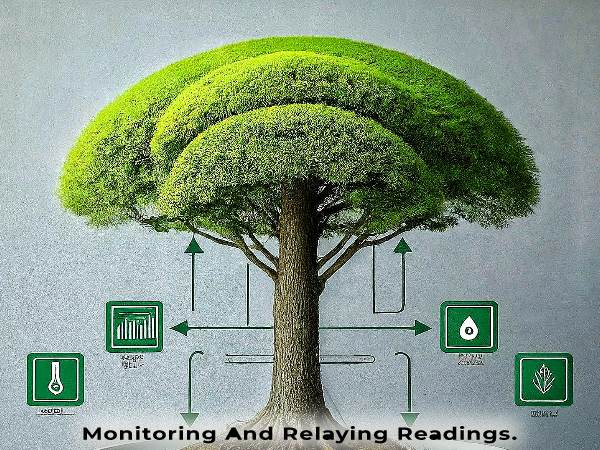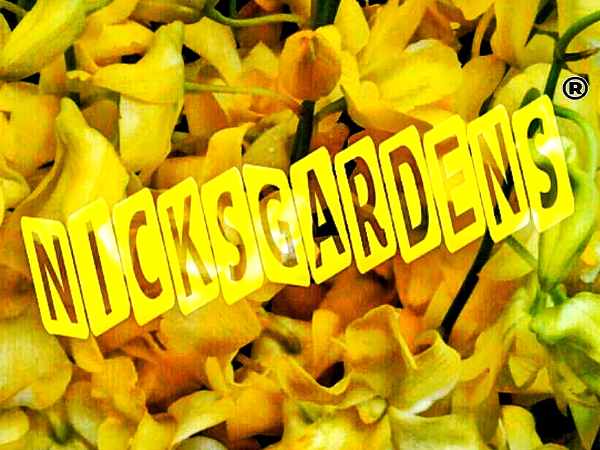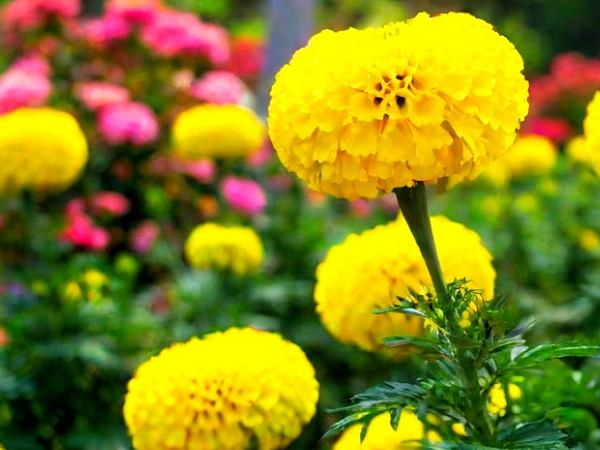🌱IPM for Every Gardener: No Tech, Low Tech, & High Tech🌱
🌱Integrated Pest Management🌱
🌱Part 03🌱
The Science Behind IPM🌱🌿

IPM is rooted in a deep understanding of ecological principles and the intricate relationships between organisms within an ecosystem. It recognizes that pests are not isolated entities but rather integral components of a complex web of life. By studying the life cycles, behaviors, and interactions of pests, IPM allows us to anticipate their activities and develop targeted strategies for their management.
One of the key scientific principles behind IPM is the concept of economic thresholds. This refers to the point at which pest populations reach a level that justifies intervention to prevent economic damage to crops or ornamental plants. IPM encourages gardeners to monitor pest populations carefully and only take action when they exceed these thresholds. This approach avoids unnecessary pesticide applications and minimizes the risk of harming beneficial organisms.
Another important aspect of IPM is the understanding of pest population dynamics. Pest populations are influenced by a variety of factors, including weather conditions, food availability, and the presence of natural enemies. By studying these dynamics, IPM practitioners can identify opportunities to disrupt pest life cycles and reduce their populations without resorting to chemical controls.
IPM also recognizes the importance of biological control, which involves harnessing the power of natural enemies to suppress pest populations. This can include introducing predators, parasitoids, or pathogens that specifically target the pest species. By fostering a diverse and balanced ecosystem, IPM creates an environment where natural enemies can thrive and contribute to pest control.
In addition to these ecological principles, IPM also incorporates cultural practices that promote plant health and resilience. This includes selecting appropriate plant varieties, practicing proper sanitation, and maintaining optimal growing conditions. By creating a healthy environment for plants, IPM reduces their susceptibility to pests and diseases, further minimizing the need for chemical interventions.
The science behind IPM is constantly evolving, with new research and technologies emerging to enhance our understanding of pest management. By staying informed and embracing these advancements, gardeners can continue to refine their IPM strategies and create gardens that are both beautiful and sustainable.
Historical and Cultural Significance of Pest Control in India🌱🌿
India, with its rich agricultural heritage spanning millennia, has a long and fascinating history of pest control practices. From ancient texts like the Vrikshayurveda to traditional farming techniques passed down through generations, our ancestors developed ingenious methods to protect their crops and gardens from pests.
These traditional practices often relied on natural remedies and a deep understanding of ecological balance. Neem oil, a potent botanical insecticide derived from the neem tree, has been used for centuries to repel insects and treat plant diseases. Cow dung, a readily available organic material, was employed as a natural fertilizer and pest repellent. Crop rotation, intercropping, and companion planting were also common practices, designed to disrupt pest life cycles and create a diverse and resilient agricultural landscape.
While these traditional methods may seem simple, they were often surprisingly effective. They harnessed the power of nature to create a harmonious balance between crops, pests, and their natural enemies. These practices not only protected harvests but also fostered a deep respect for the environment and its intricate web of life.
In modern times, the challenges of pest control have become more complex. Climate change, globalization, and the intensification of agriculture have all contributed to the emergence of new pests and diseases. However, the wisdom of our ancestors remains relevant. By blending traditional knowledge with contemporary science, we can develop sustainable pest management strategies that honor our heritage while embracing innovation.
IPM, with its emphasis on ecological understanding and targeted interventions, aligns well with the principles of traditional Indian pest control practices. It offers a framework for integrating time-tested techniques with modern tools and technologies, creating a holistic approach that’s both effective and environmentally responsible.
As we explore the different approaches to IPM, we’ll discover how these ancient practices continue to inspire and inform our gardening journey. By learning from the past and embracing the future, we can cultivate gardens that are not only beautiful but also resilient, sustainable, and deeply connected to our cultural heritage.

🌱✨your personal paradise 🌱✨
Close your eyes for a moment and imagine… Picture a symphony of colors as blossoms dance in the sun, their petals whispering secrets of the earth’s embrace. Breathe deep the intoxicating freshness of herbs, a melody of scents that soothes your soul and awakens your spirit. Feel the warmth of the sun on your skin and the earth’s energy pulse through your fingertips as you tend to your plants,
Feel the stress melt away as you relish the pure joy of harvesting your own homegrown bounty..
This is your personal paradise, where every bloom, every leaf, and every harvest brings you closer to nature’s magic. 🌱✨
🌱🌱 UNLEASH YOUR INNER BOTANIST:🌱✨
Discover fascinating facts and expert tips that will deepen your connection with the plant world. 🌱✨🌱✨
🌿 Your Q&A ask nick: [LINK]🌱✨
🌱🌱 EXPLORE THE ART OF SUSTAINABLE GARDENING: 🌱✨
Learn how to nurture your plants while minimizing your impact on the environment. ✨🌱✨
🌿 ASK AN EXPERT: [LINK]✨
🌿 NicksGardens® Garden Makeover : [LINK]🌱
🌱 🌱 Ready to welcome the magic of nature into your home with a burst of color, freshness and life?” 🌱✨
🌱🌱YOUR GARDEN ADVENTURE BEGINS NOW:🌱✨
Let NicksGardens® be your trusted guide as you embark on this exciting journey of growth and discovery. 🌱✨

